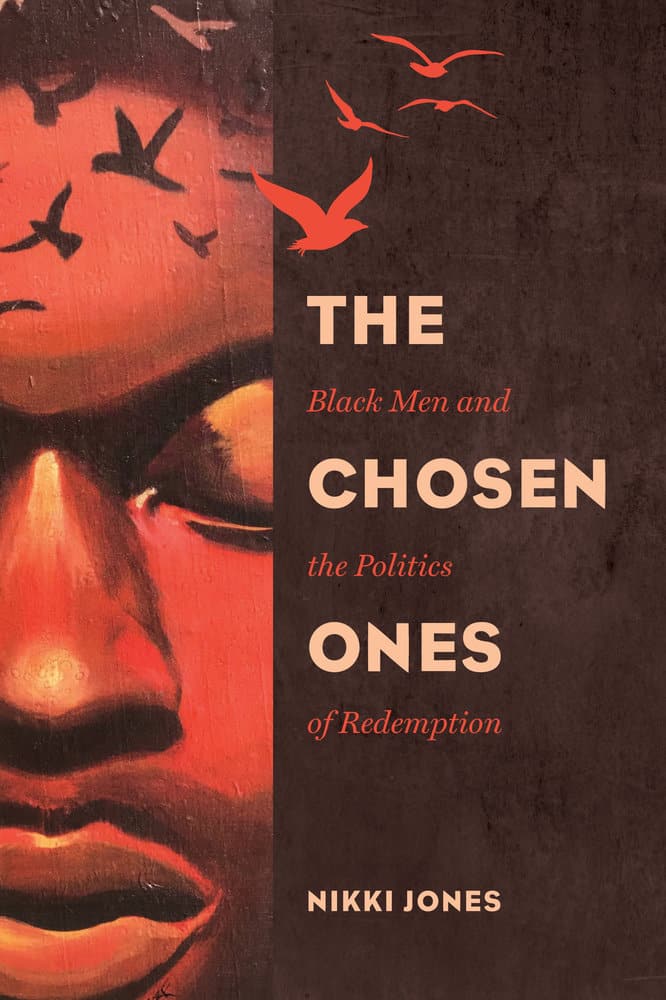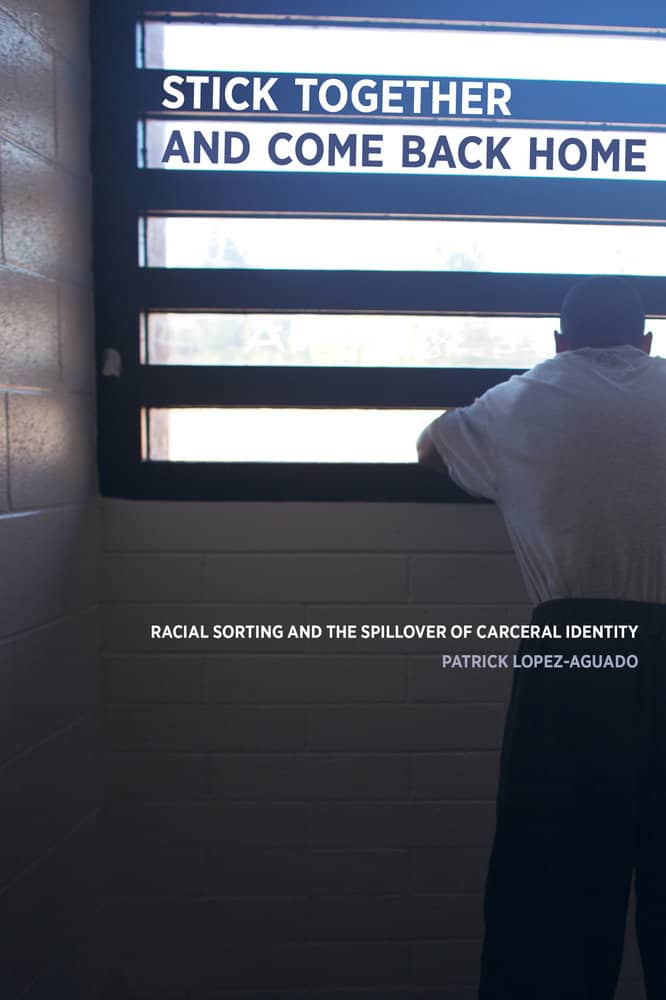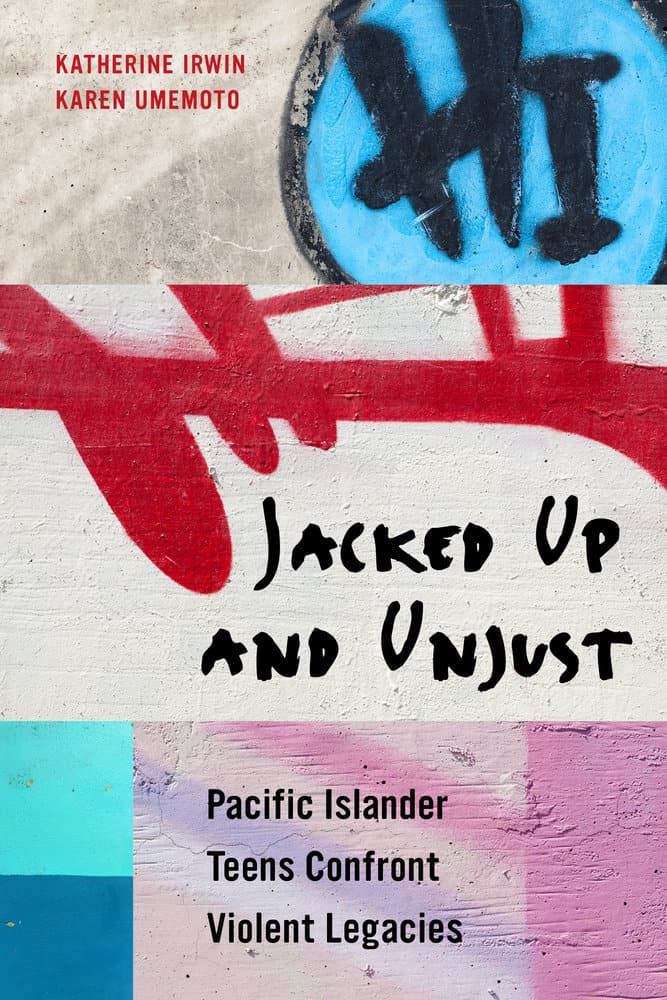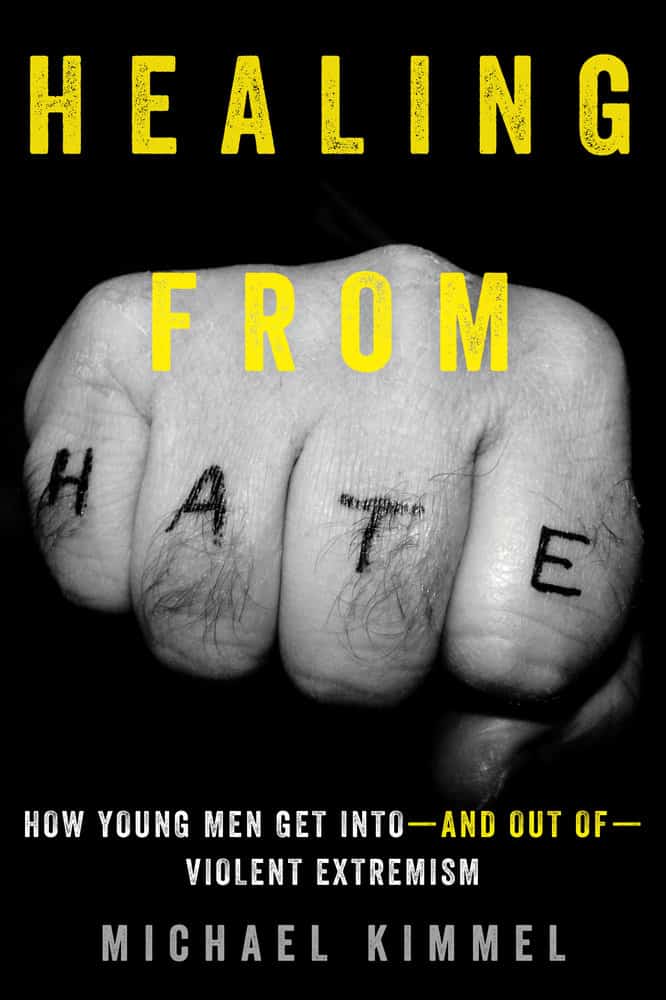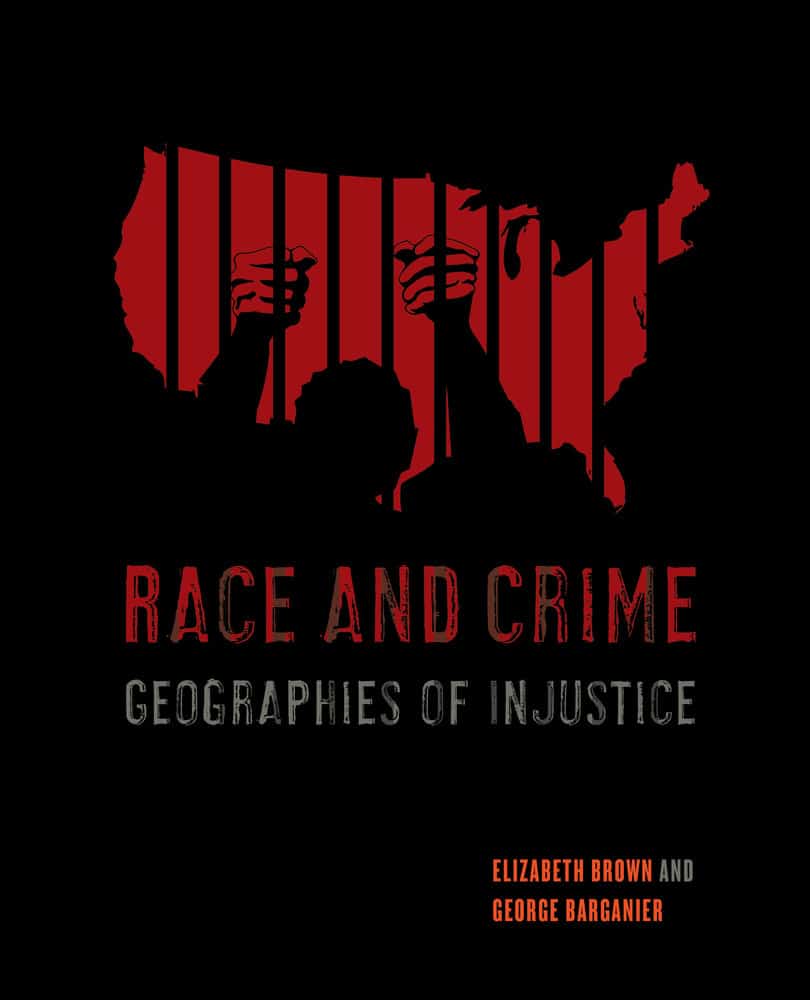As part of our “Resources for Your Summer Research” blog series, below are a few titles that you can add to your library to help further your research on race and crime.
Use discount code 18W8495 for 30% off at the shopping cart.
The Chosen Ones: Black Men and the Politics of Redemption by Nikki Jones
“A must-read for anyone who really wants to understand the causes and effects of the senseless violence occurring in our cities today.” —Elijah Anderson, Yale University, author of Code of the Street and The Cosmopolitan Canopy
“An astounding book that captures the breadth and depth of human resilience. It is ethnographic storytelling at its best.” —Waverly Duck, University of Pittsburgh
“Should be required reading for all policymakers concerned with eliminating urban violence and trauma.” —Howard Pinderhughes, University of California, San Francisco
Read Nikki’s thoughts on the chronic crisis of legitimacy in policing.
Stick Together and Come Back Home: Racial Sorting and the Spillover of Carceral Identity by Patrick Lopez-Aguado
“Enables us to see the prison in a new light, to discern social relations that are often before our eyes but hidden in plain sight.” —George Lipsitz, author of How Racism Takes Place
“Powerful and important insight into previously hidden ways that mass incarceration continues to ravage the most disadvantaged communities.” —Aaron Kupchik, author of The Real School Safety Problem and Homeroom Security
Read Patrick’s thoughts on the institutionalization of young people.
Irwin / Jacked Up and Unjust: Pacific Islander Teens Confront Violent Legacies by Katherine Irwin and Karen Umemoto
“Sensitively captures the complex of forces that bear down on a youth population we know very little about, helping us to understand the violence enacted upon them and by them, the turbulence and entanglements of Hawai‘i’s colonial past, racial and gender injustice, the penalty of poverty, and the fallout from youth incarceration.” —Amy L. Best, author of Fast Cars, Cool Rides
“A one of a kind in its deployment of intertwining analytic approaches of colonial criminology, this book uncovers new ways to understand the meaning-making work of the youth participants’ experiences.” —Laurie Schaffner, author of Girls in Trouble with the Law
Read Katherine and Karen’s thoughts on how teens talk about violence.
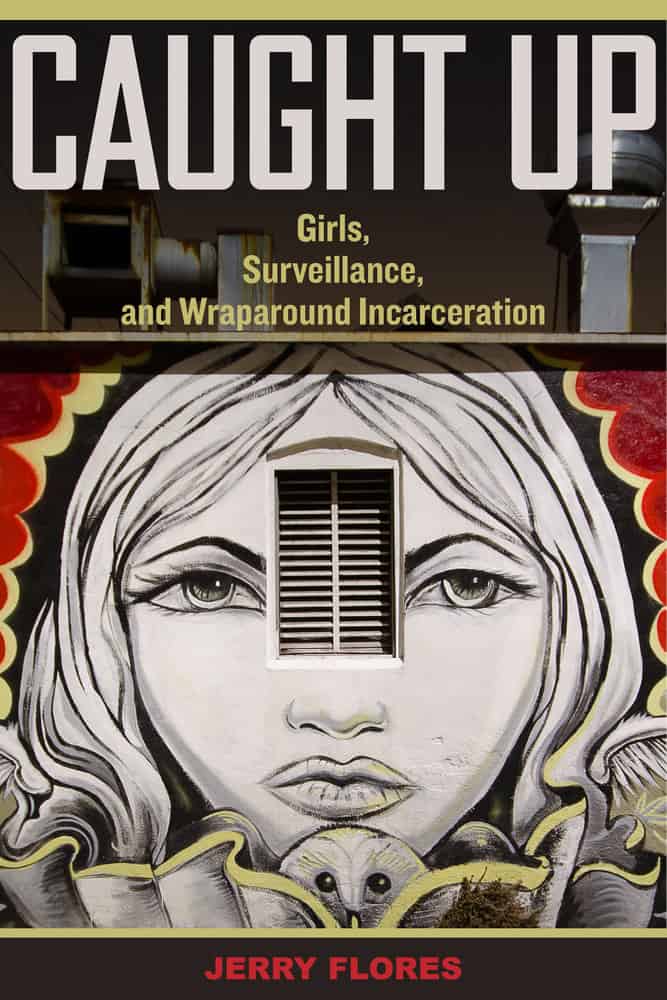 Caught Up: Girls, Surveillance, and Wraparound Incarceration by Jerry Flores
Caught Up: Girls, Surveillance, and Wraparound Incarceration by Jerry Flores
“Brilliantly demonstrates how schools and carceral institutions become inextricably connected to form a ubiquitous system of punitive control, leading to bleak outcomes in the lives of marginalized girls.” —Victor Rios, author of Punished
“Questions conventional knowledge about girls in detention and ultimately complicates the portrayal of racially gendered criminalization. It should be carefully examined by practitioners, scholars, policy makers, and students.” —Denise A. Segura, coeditor of Women and Migration in the U.S.-Mexico Borderlands
Read Jerry’s thoughts on the similarities between California’s Latinas and Canada’s First Nation Women.
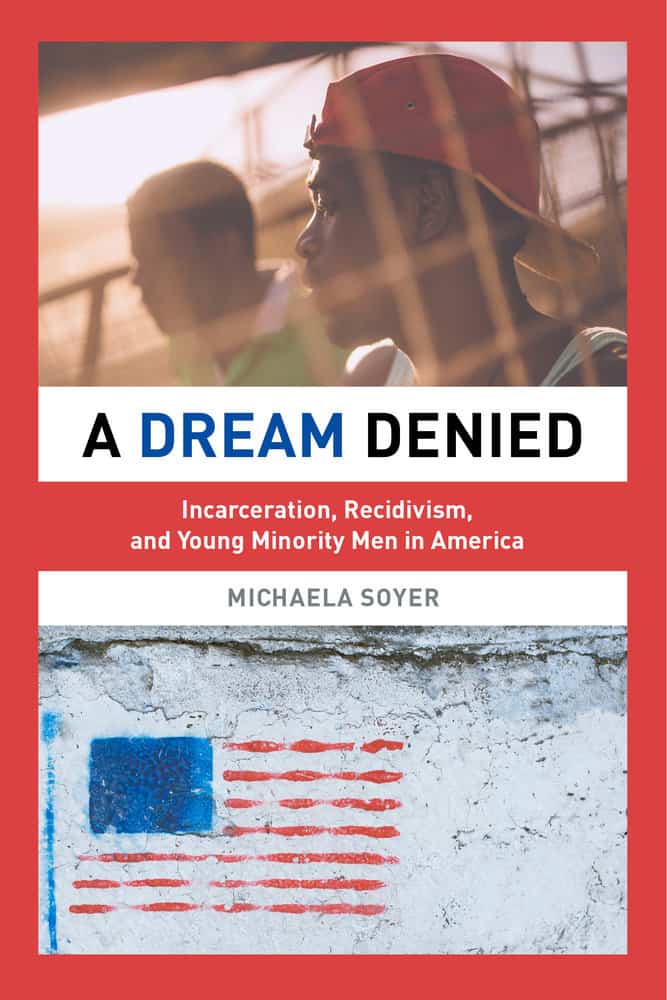 A Dream Denied: Incarceration, Recidivism, and Young Minority Men in America by Michaela Soyer
A Dream Denied: Incarceration, Recidivism, and Young Minority Men in America by Michaela Soyer
“Expands our understanding of the complicated process of desistance and how it is shaped by inequality.” —Andrea Leverentz, University of Massachusetts Boston and author of The Ex-Prisoner’s Dilemma
“Soyer puts complex portraits of youth squarely in the middle of the debate about whether punishment or corrections at the systems level is all that needs to be attended to in regard to troubled youth of color in America.”—Alford A. Young, Jr., University of Michigan
Read Michaela’s account of her last conversation with young Jason.
Healing from Hate: How Young Men Get Into—and Out of—Violent Extremism by Michael Kimmel
“I recommend it be read by a wide audience and that we reach across dividing lines to rebuild a loving United States.”— Morris Dees, cofounder of Southern Poverty Law Center
“Highly insightful, empathic, and wise, this is a must-read book for our time.”—Arlie Hochschild, author of Strangers in Their Own Land
“Uncovers the elephant in the room behind extremism—the role of gender and masculinity.”—Tony McAleer, Cofounder and Board Chair of Life After Hate
Read more about the obstacles faced when dealing with racism and violence.
Journals
 Federal Sentence Reporter
Federal Sentence Reporter
FSR is pleased to make the following articles available for you to read without a subscription for a limited time. For continued access to FSR’s content, please subscribe and/or ask your librarian to subscribe.
Cultural Differences and Sentencing Departures
Olabisi L. Clinton
Preliminary Data on Race and Crack Charging Practices in Los Angeles
Richard Berk
Why Did Racial/Ethnic Sentencing Differences in Federal District Courts Grow Larger under the Guidelines?
Douglas C. McDonald, Kenneth E. Carlson
Comment on McDonald and Carlson
Richard A. Berk, Alec Campbell
The Significance of Race-in Federal Sentencing
Charles J. Ogletree
A Renewed Call to the Sentencing Commission to Address Whether Cultural Factors Can Serve as a Basis for Downward Departures
Jason F. Carr, Rene L. Valladares
 New Criminal Law Review
New Criminal Law Review
NCLR is pleased to make these articles available for you to read without a subscription for a limited time. For continued access to NCLR, please subscribe and/or ask your librarian to subscribe.
Combatting Police Discrimination in the Age of Big Data
Sharad Goel, Maya Perelman, Ravi Shroff, David Alan Sklansky
“Hang Them if They Have to be Hung”: Mitigation Discourse, Black Families, and Racial Stereotypes
Alycee Lane
Self-Defense and the Mistaken Racist
Stephen P. Garvey
And if you’re prepping a course on race and crime for a future semester, request an exam copy of Race and Crime: Geographies of Justice by Elizabeth Brown and George Barganier


